In 2018, at the time of the 40th anniversary of the reform and opening up, manufacturing industry is the earliest field in China's opening up, and it is also the most competitive field in the market. After 40 years of practice, it has been proved that only on the basis of certain development can only openness fully stimulate market vitality. Only openness can force enterprise innovation. Only openness can gather domestic and foreign resources.
At present, China's manufacturing industry is basically open, and the direction for further opening up is very clear. It is to achieve full-scale opening up. The auto industry will implement a transitional period of different types: In 2018, the ratio of foreign-invested shares of special vehicles and new energy vehicles will be abolished; the ratio of foreign-invested shares of commercial vehicles will be abolished in 2020; the foreign-invested-to-equity ratio of passenger cars will be lifted in 2022, while the abolition of joint ventures will be eliminated. More than two restrictions. Through the 5-year transition period, the auto industry will cancel all restrictions.
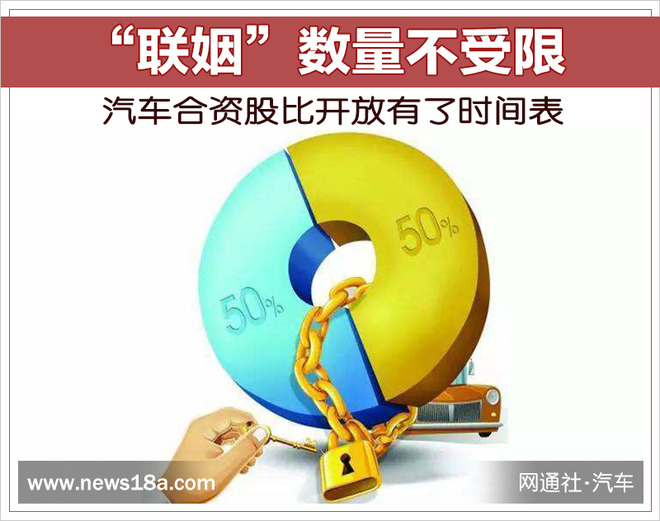
As soon as the news came out, it was like a thunder. A senior executive from a private company issued a circle of friends and said that the auto industry shares are open and foreign landers are landing. China's own brand enterprises will face unprecedented pressure and the era of market full competition will come. At the same time, he stressed that the strong will be strong and the weak will be the main theme of the future of the Chinese automobile industry.
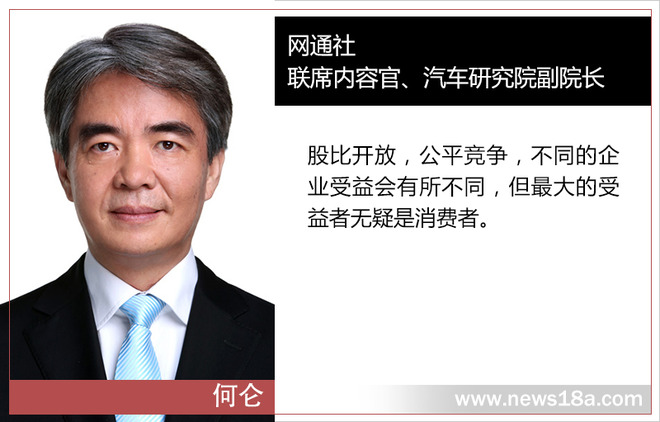
But is the joint venture better than it really is? In response, China Netcom interviewed He Lan, the joint content officer of China Netcom, and He Lun, vice president of the Automotive Research Institute. He Lun said that the opening of the equity ratio will not suddenly change the existing market structure, but will require a longer period of time to change. At the same time, He Lun pointed out that the stock-to-open ratio is totally different from the incentives for state-owned auto companies and private auto companies.
“Stock openness means that market competition is more intense, and fierce market competition is undoubtedly a daunting task for state-owned enterprises. For private enterprises, the status quo of private enterprises against joint venture brands will gradually change over the years, like the Great Wall. This outstanding private auto company like Geely is willing to see a fair market competition environment," said He Lunlun.
At the same time, He Lun emphasized that stocks ratio is one of them, but a more important change is the cancellation of “no more than two joint venturesâ€. "Restrictions on the cancellation of joint venture quotas are very exciting for existing joint ventures, which will force China to work hard to increase its own efficiency. Otherwise, after 2022, the existing foreign parties will choose to enter into joint ventures with other car companies. Sole proprietorship, and the gradual transfer of competitive products, will be unsustainable for the Chinese joint venture company."
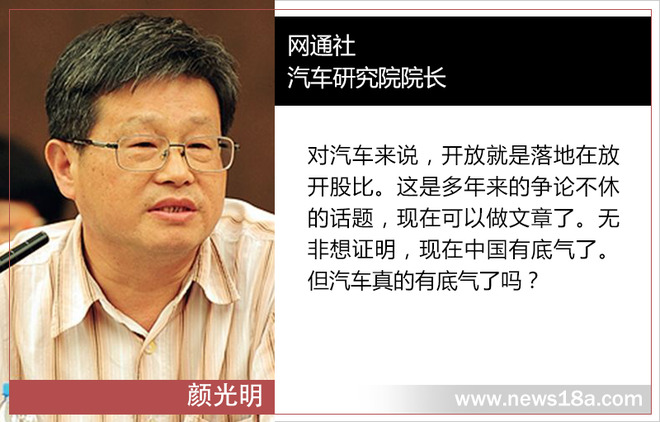
Yan Guangming, director of the Automotive Research Institute of China Netcom, believes: “For autos, opening up is to let go of stocks ratios. This is a topic that has been debated for many years now. Now we can make a fuss. We just want to prove that China is emboldened now. But is the car really emboldened?" At the same time, he stressed that the so-called innovation is the car transformation. In the face of uncertain automobile transformation and the complexity of the world economy, we cannot think from the perspective of the auto itself. We may consider it from the perspective of geoeconomics and policy.
As Yan Guangming's question raised, does China's car really have emboldened it? . If the stock ratio is opened, will foreign capital gain control and use brands, technologies, products, global supply chain advantages, and strategies such as price to make a fatal blow to Chinese brands?
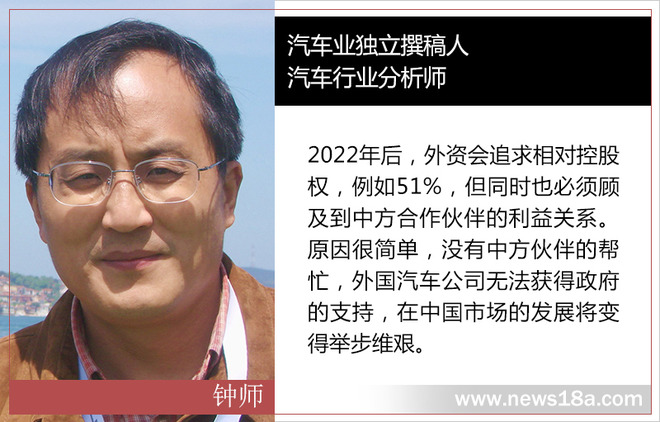
In response, China Netcom interviewed an independent contributor to the automotive industry and Zhong Shi, an auto industry analyst. He said: “There will be no case of foreign ownership of 100% of wholly-owned or 95% of large stocks. After 2022, foreign capital will pursue relative Controlling power is, for example, 51%, but at the same time, it must also take into account the interests of the Chinese partners. The reason is very simple. Without help from the Chinese partners, foreign auto companies cannot obtain government support and development in the Chinese market will become difficult.â€
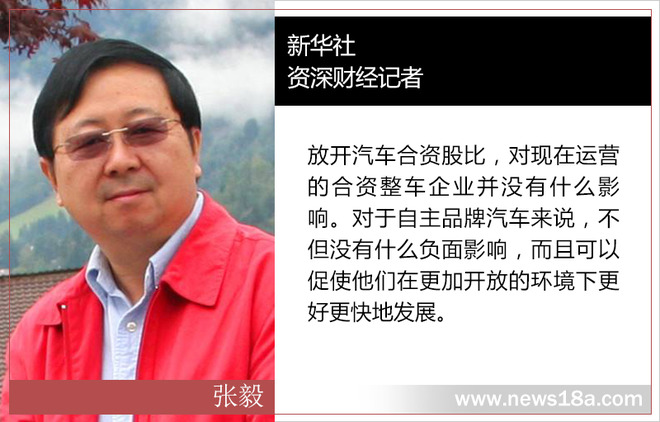
After 2020, if the stock ratio is open, what are the actual benefits for ordinary consumers? Zhang Yi, a senior financial reporter at Xinhua News Agency, said: “Stock opening may not affect the product price itself, but it will boost foreign investor confidence in dialogue and stimulate better and faster development of independent brands in a more open environment.â€
He Lun also agreed with this view: “The influence of stock ratio opening may not directly affect product prices, but stock ratio opening means market competition incentives, and fierce competition will urge auto companies to increase efficiency and further improve product allocation and technology. From such a point of view, the ultimate open beneficiaries of stock ratios are, after all, ordinary consumers."
Hydraulic Sheet Metal Shears,Electric Shearing Machine,Shear Machine,Steel Plate Cutting Machine
Nanjing Lianpeng Machinery Technology Co., Ltd. , https://www.yrssk.com